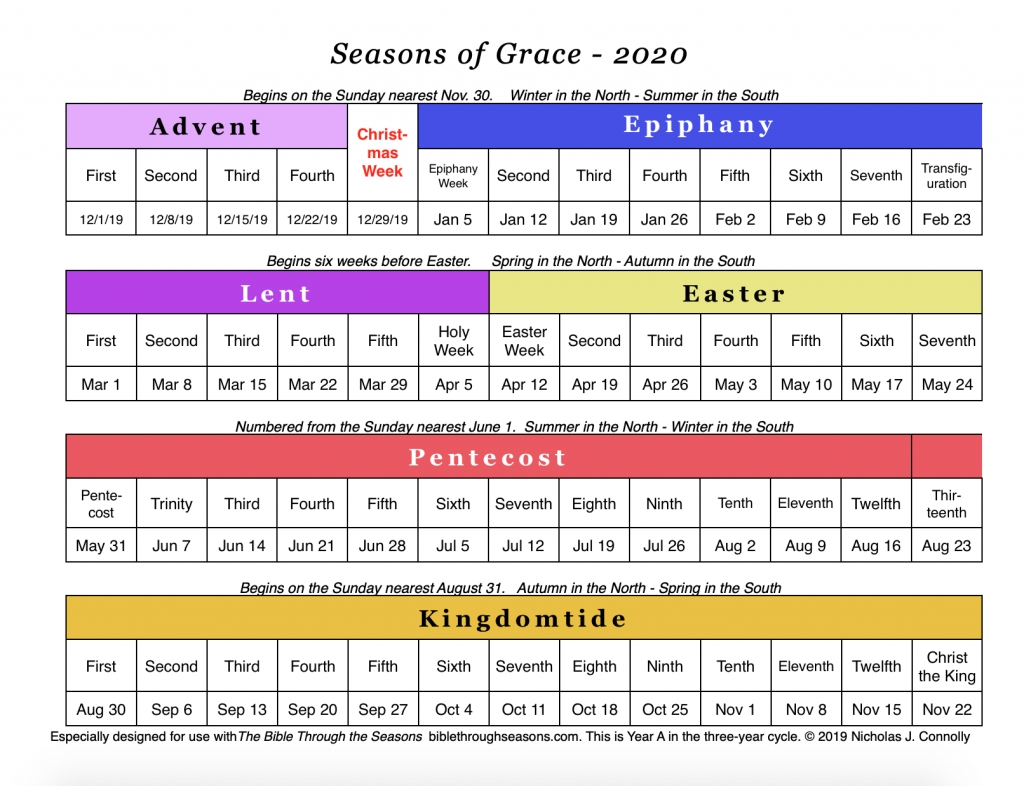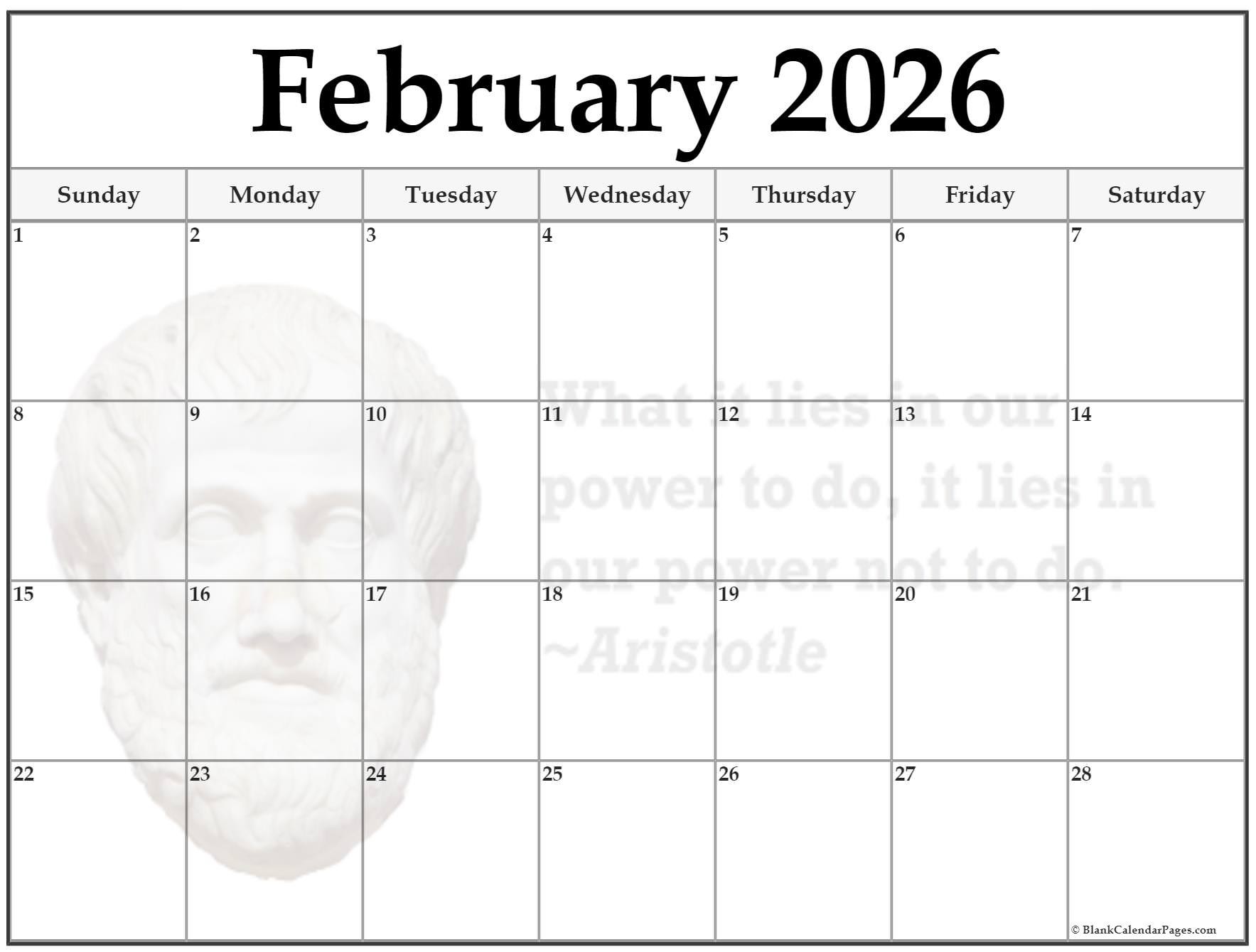
As the Christmas season comes to a close, the Christian calendar transitions into the Epiphany season, a time of celebration and reflection on the revelation of Jesus Christ to the world. In the Revised Common Lectionary (RCL), Year A provides a unique perspective on this season, with a focus on the Gospel of Matthew. In this article, we'll delve into the significance of Epiphany in Year A of the RCL and explore the themes and scriptures that shape this special time of year.
Introduction to Epiphany
Epiphany, which means "manifestation" or "revelation," commemorates the visit of the Magi to the baby Jesus, as recorded in Matthew 2:1-12. This event marks the first manifestation of Jesus to the Gentiles, highlighting the universal nature of his mission and message. The Epiphany season, which typically begins on January 6th and lasts until the Tuesday before Ash Wednesday, is a time for Christians to reflect on the ways in which Jesus is revealed to the world and to their own lives.
Year A - Epiphany in the Revised Common Lectionary
In Year A of the RCL, the Epiphany season is characterized by a series of readings that emphasize the revelation of Jesus Christ. The Gospel of Matthew is the primary source for these readings, with passages such as Matthew 2:1-12 (the visit of the Magi), Matthew 3:13-17 (the baptism of Jesus), and Matthew 4:12-23 (the beginning of Jesus' ministry). These scriptures highlight the ways in which Jesus is revealed as the Son of God, the Messiah, and the light of the world.
The other readings in the RCL for Year A - Epiphany, including passages from Isaiah, Psalms, and the Epistles, provide a rich context for understanding the significance of Jesus' revelation. For example, Isaiah 60:1-6, which is read on the Epiphany Sunday, speaks of the light of the Lord shining on the nations, while Ephesians 3:1-12, read on the second Sunday after Epiphany, emphasizes the mystery of Christ and the unity of all people in him.
Themes and Reflections
As we journey through the Epiphany season in Year A of the RCL, several themes emerge that invite reflection and contemplation. These include:
The universal nature of Jesus' mission and message
The revelation of Jesus as the Son of God and the light of the world
The importance of baptism and the sacraments in the life of the church
The call to discipleship and the cost of following Jesus
These themes are woven throughout the readings and provide a rich tapestry for exploration and reflection. As we consider the ways in which Jesus is revealed to the world and to our own lives, we are invited to deepen our faith, to seek the light of Christ, and to share that light with others.
The Epiphany season in Year A of the Revised Common Lectionary is a time of celebration, reflection, and revelation. As we explore the scriptures and themes of this season, we are reminded of the universal nature of Jesus' mission and message, and we are invited to deepen our faith and to share the light of Christ with others. May this season be a time of spiritual growth and renewal, as we shine a light on the significance of Jesus' revelation and seek to follow him more closely.







